With critical and fan favorites like The White Lotus, Stranger Things, and Severance not set to make their return until next year, 2024 was notable for its abundance of new shows. The vast majority of our list of the best TV shows of the year is composed of fresh properties or limited series: Netflix delivered one-off psychosexual thrills with Richard Gadd’s Baby Reindeer and the more understated neo-noir Ripley, while HBO and FX struck queer comedy gold with the surrealist Fantasmas and the more conventionally sitcom-styled English Teacher, respectively.
Of course, 2024 saw a few holdovers from previous years, two of which—The Bear and True Detective—met with mixed reactions from audiences but rewarded patient observers with their weighty takes on family, community, and the nature of being. And, in its third season, Hacks continued to deftly balance comedy and drama. Next year’s new and returning shows should consider the bar raised. Sal Cinquemani
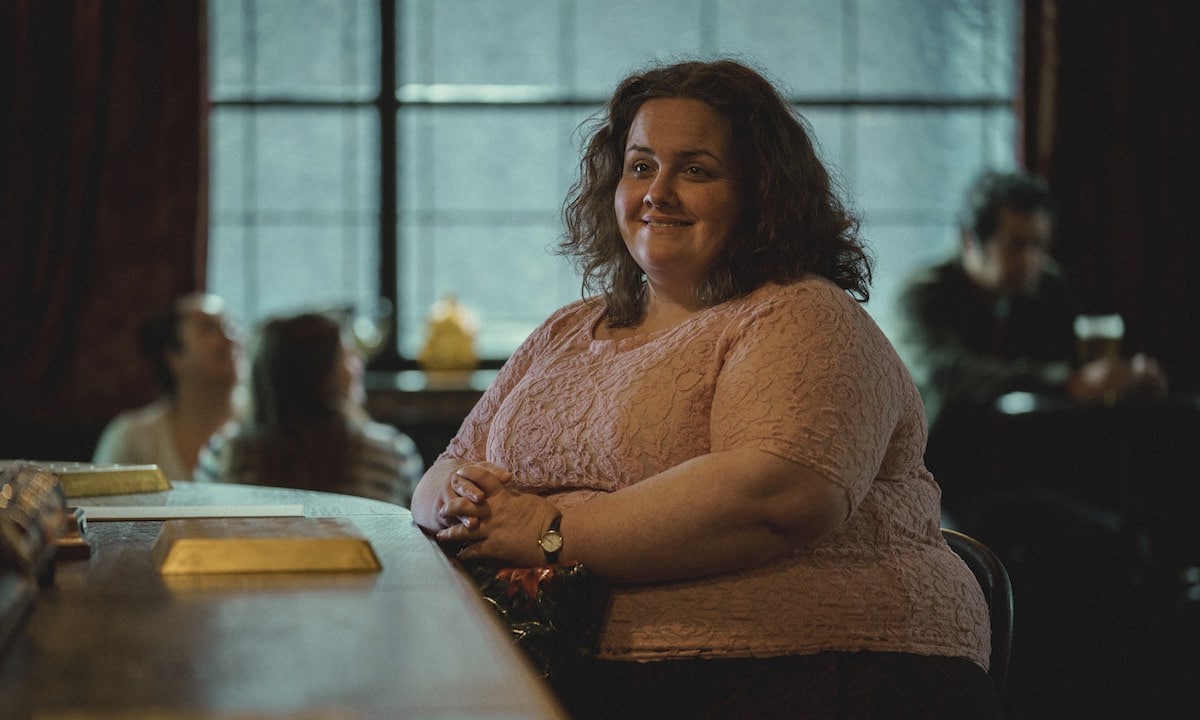
Baby Reindeer
Baby Reindeer was adapted from Richard Gadd’s autobiographical one-man stage show of the same name, narrating his own horror story with a snappy matter-of-factness. In one sense, we’re seeing a man, Donny (Gadd) sensitively unpack the complex power dynamic between him and his abuser, Martha (Jessica Gunning) with the benefit of hindsight—one a mentally ill older woman and yet a predator, the other a good-looking young comedian with his life ahead of him and yet the prey. In another sense, we’re witnessing a victim in the throes of deep, masochistic shame. Gunning’s performance is a large part of what makes the show the horrifying and addictively compelling thing it is. This, coupled with Gadd’s devastating portrayal of a man both traumatized by and dependent on his abusers’ approval and attention, make for a thorny but nuanced interrogation of trauma, power, and empathy. Amelia Stout
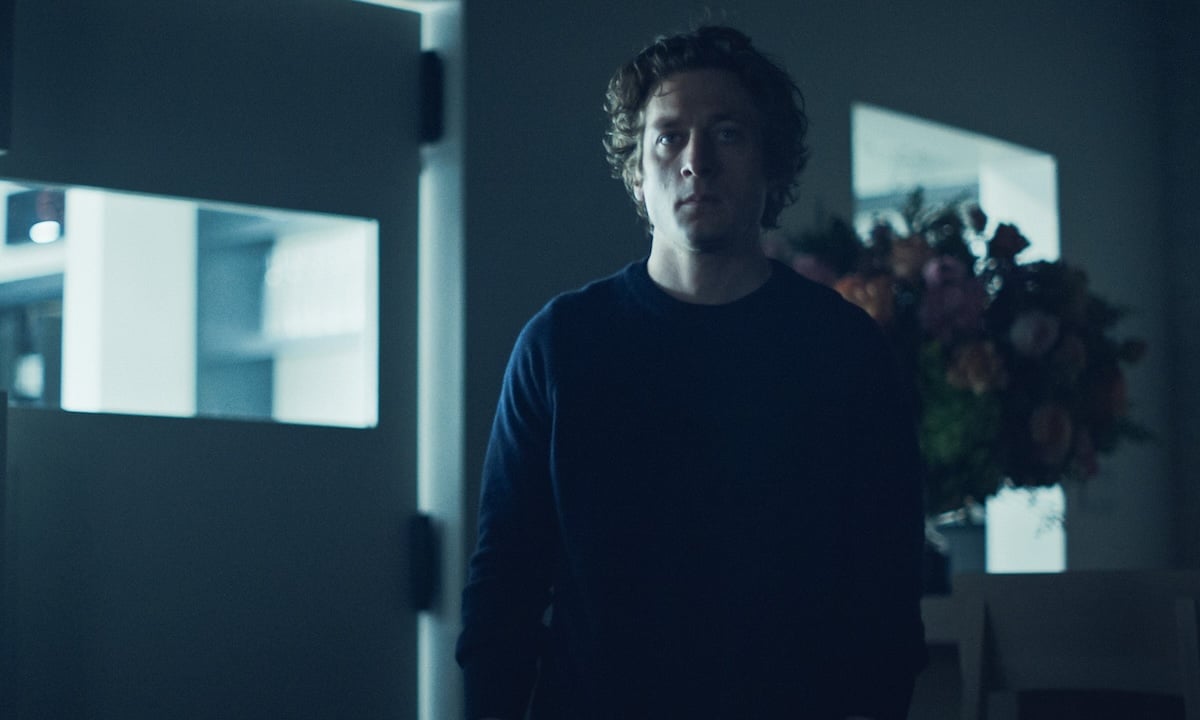
The Bear
With its expansive and expanding cast and its increasing inclination toward impressionistic montages of characters’ inner lives, The Bear expresses wonder at the way a diverse group of elements, people, and emotions come together to form a barely functioning machine. It’s a series about community but also art, the efforts and the stories that lie behind human creation. By the end of the show’s divisive third season, many of the questions of the previous season remain, particularly the types that one might expect a TV dramedy to rush to answer: the resolution of ongoing conflicts and the will-they-won’t-they of a romance. In the end, though, it hardly matters, as The Bear manages to keep the center of interest away from such plot-driven considerations. In television as in dining, perhaps achieving a memorable flavor is at least as important as immediate satiation. Pat Brown
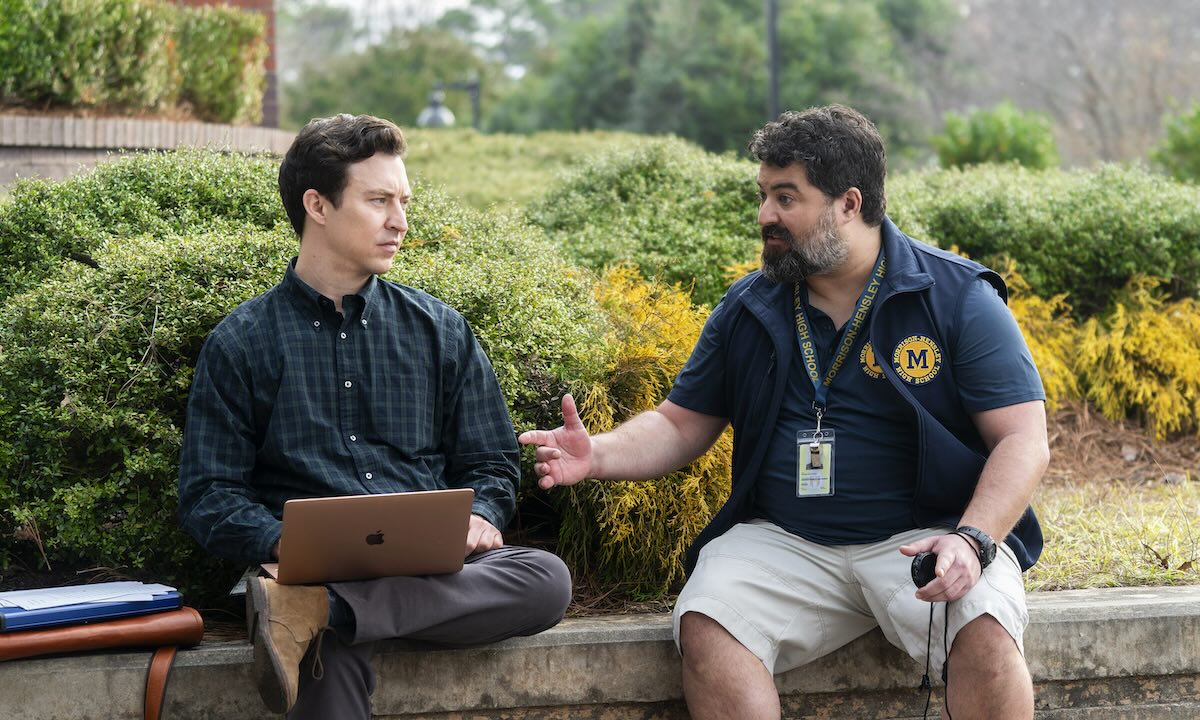
English Teacher
From the jump, English Teacher subverts our expectations. The first episode opens with the titular teacher, Evan Marquez (Brian Jordan Alvarez), frantically and haphazardly rushing to work, but the half-hour comedy conversely moves with the poise and confidence of a tenured pro. Every member of the school staff seems to arrive fully formed and ready to banter, from the loveably oafish, sort-of-but-not-really right-wing P.E. teacher Markie (Sean Patton) to the endlessly exasperated Principal Moretti (Enrico Colantoni). Each episode picks up and focuses on a hot-button issue like gun control or gender identity, only to spin off from it in the most unexpected way. This is a series that has absolutely no interest in conventional “teachable moments.” It’s busy having far too much fun with computer-snatching drag queens and the horrors of “Kayla syndrome” to bother lecturing its audience. Ross McIndoe
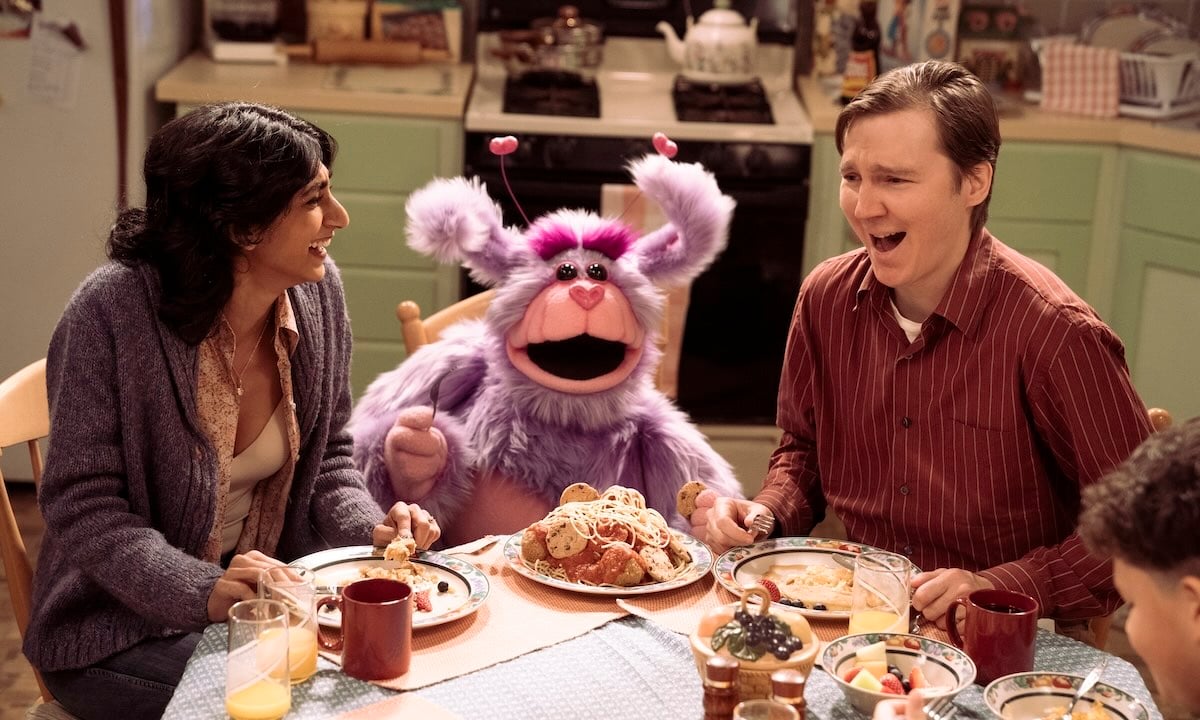
Fantasmas
Created, written, and directed by Julio Torres, HBO’s Fantasmas is a dizzyingly kaleidoscopic fever dream that finds the comedian starring (as himself) in a series of surrealist sketches that lampoon the absurdity of our modern world. From a side-splitting satire of The Real Housewives to a sendup of ALF—in which the father of the family (Paul Dano) leaves his wife and kids to be with the adopted alien—that are worthy of their own full-length spinoffs, Torres creates colorful, vivid, and unapologetically queer microworlds that will make you question your own reality. Cinquemani
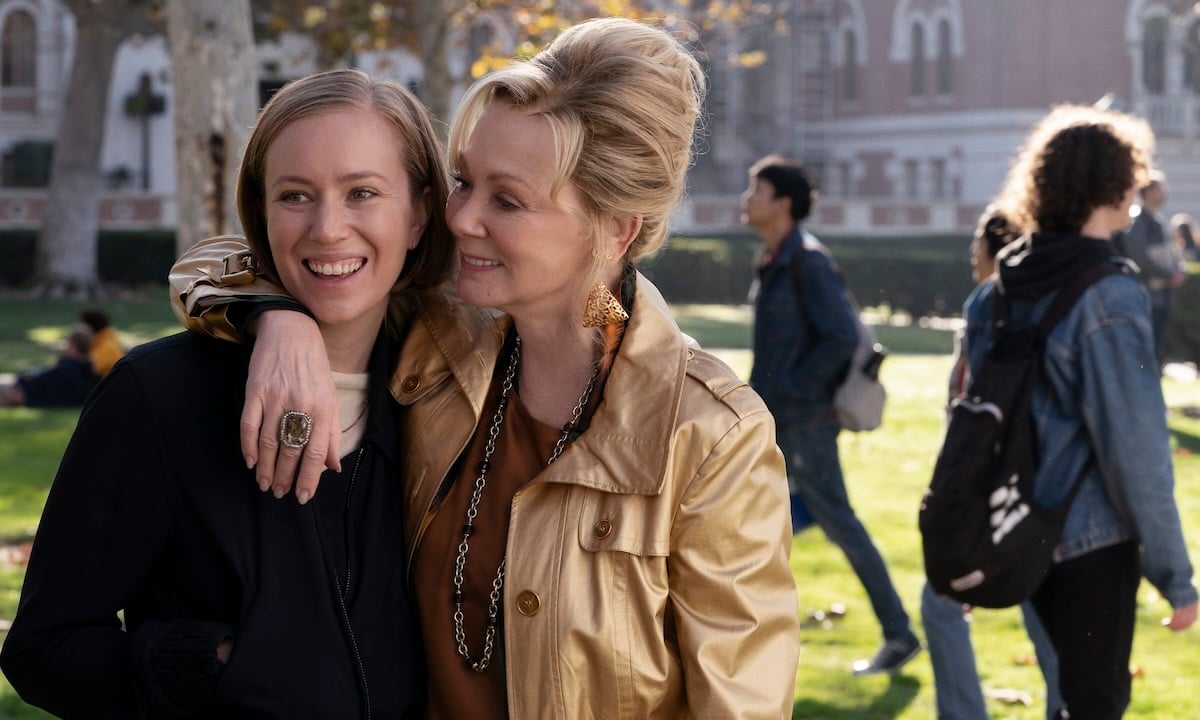
Hacks
In its third season, Hacks takes on a more topical, didactic bent, as veteran comedian Deborah Vance (Jean Smart) is forced to reckon with “political correctness” and its bogeyman enforcer: cancel culture. On-and-off collaborator Ava Daniels (Hannah Einbinder) helps Deborah navigate the muck, but even the finger-wagging Ava’s grasp of the zeitgeist has begun to slip. Though a touch less subtle than in previous seasons, the series remains a dramedic workhorse; its formidable jokes illuminate the inner lives of its characters, while flashes of pathos reveal the personal stakes of their labor. Smart and Einbinder’s enthralling chemistry—a morass of tenderness and toxicity—is perhaps on fullest display in the episode “One Day,” a heartfelt, particularly funny riff on the wilderness nightmare of The Sopranos’s “Pine Barrens.” Niv M. Sultan
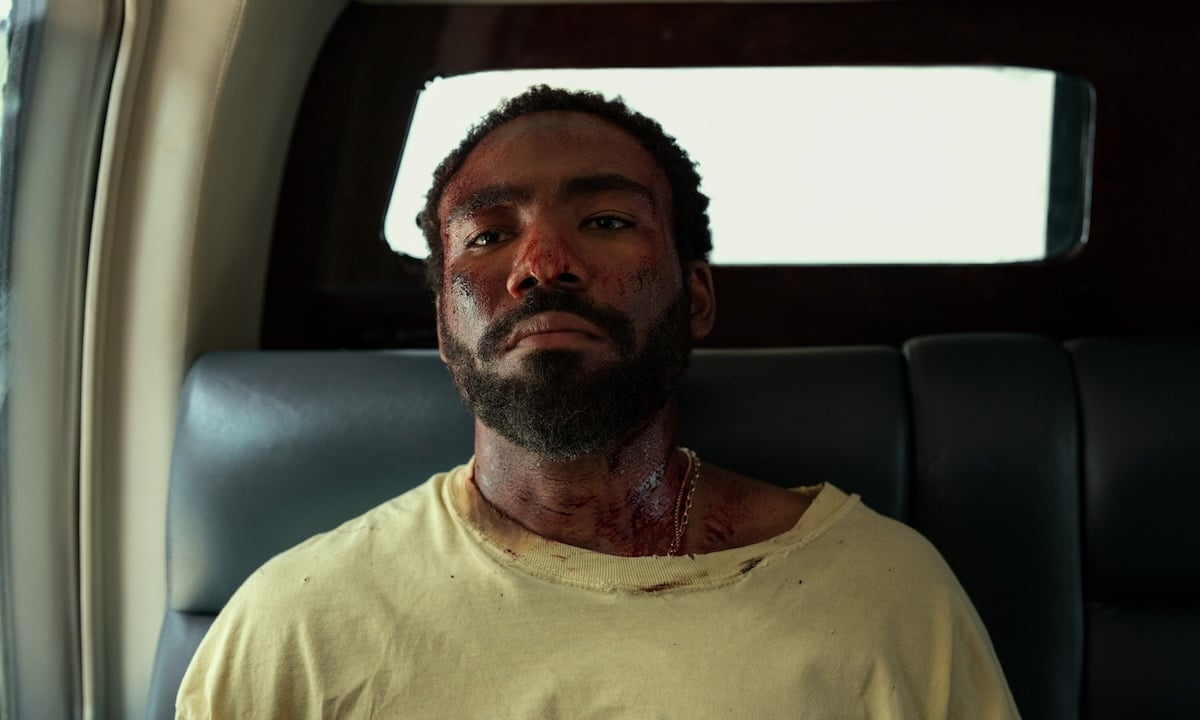
Mr. and Mrs. Smith
Each of Mr. and Mrs. Smith’s eight episodes offers a self-contained tale in which a new aspect of John and Jane Smith’s (Donald Glover and Maya Erskine) relationship is explored via the tropes of a typical spy story. One episode sees them transporting a high-value person, played by a delightfully cantankerous Ron Perlman, into the Italian mountains to protect him from assassination. Parenting a grumpy toddler might not actually be the same as running for your life while micro-managing a cantankerous mega-criminal, but it can surely feel that way. John and Jane banter with each other in a naturalistic way that’s often juxtaposed with the severe stakes or outright absurdity of the situation they’ve found themselves in. And as their relationship progresses, they have arguments that are truly bracing—like a scene from Richard Linklater’s Before trilogy but with bullets flying overhead. McIndoe
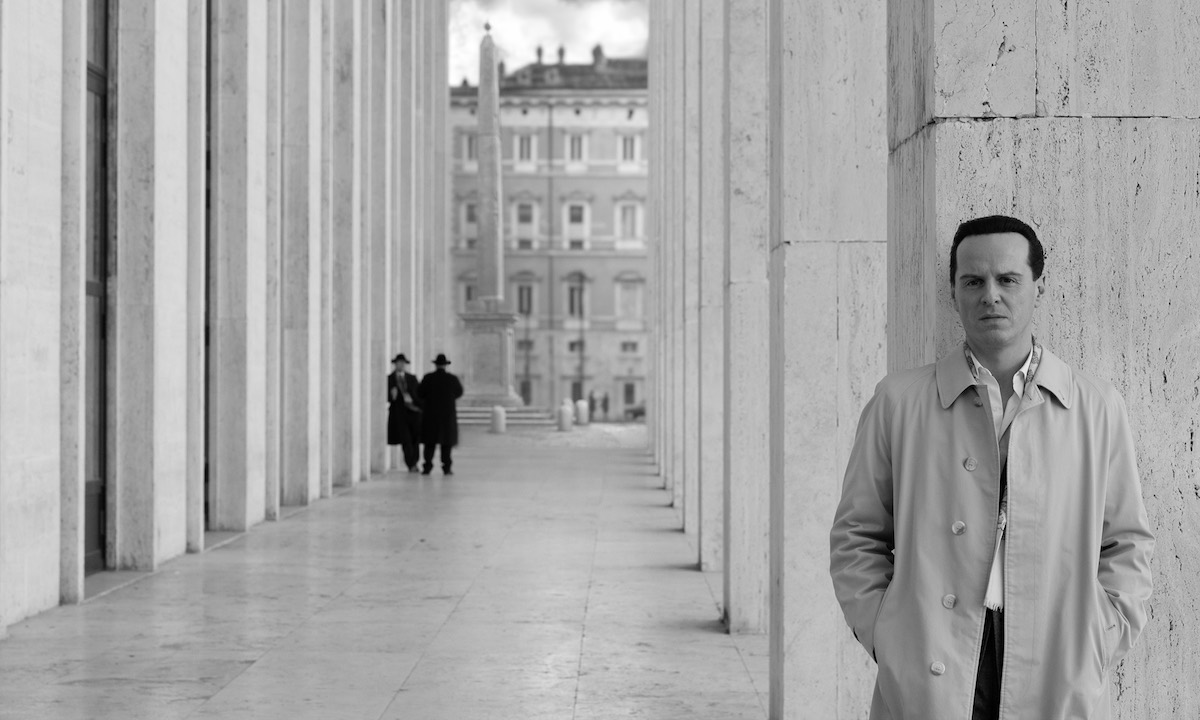
Ripley
Twenty-five years after Anthony Minghella’s The Talented Mr. Ripley comes a slower, moodier adaptation of Patricia Highsmith’s 1955 novel. Shot in stark black and white, the series stars Andrew Scott as the titular career criminal who, funded by wealthy businessman Herbert Greenleaf (Kenneth Lonergan), travels to Italy to bring Greenleaf’s son, Dickie (Johnny Flynn), back to New York. While Ripley initially follows the same narrative beats as Minghella’s film, there are notable differences. For one, Scott’s Ripley is older and more weather-beaten than Matt Damon’s boyish interloper. More notably, the series doesn’t lean into the sexual ambiguity of Ripley’s jealousy of and infatuation with Dickie. Multiple characters speculate about Ripley’s sexuality, but aside from one longing glance at a photograph, Scott’s portrayal of Ripley is steely and conspicuously asexual. He develops a fascination with the work of Caravaggio, whose painting of David holding the severed head of Goliath serves as an eerie metaphor for Ripley’s own relationship with Dickie. In the end, Ripley boasts an eerie atmosphere, stunning cinematography, and a thoughtful commentary on the relationship between life and art that’s distinctly its own. Stout
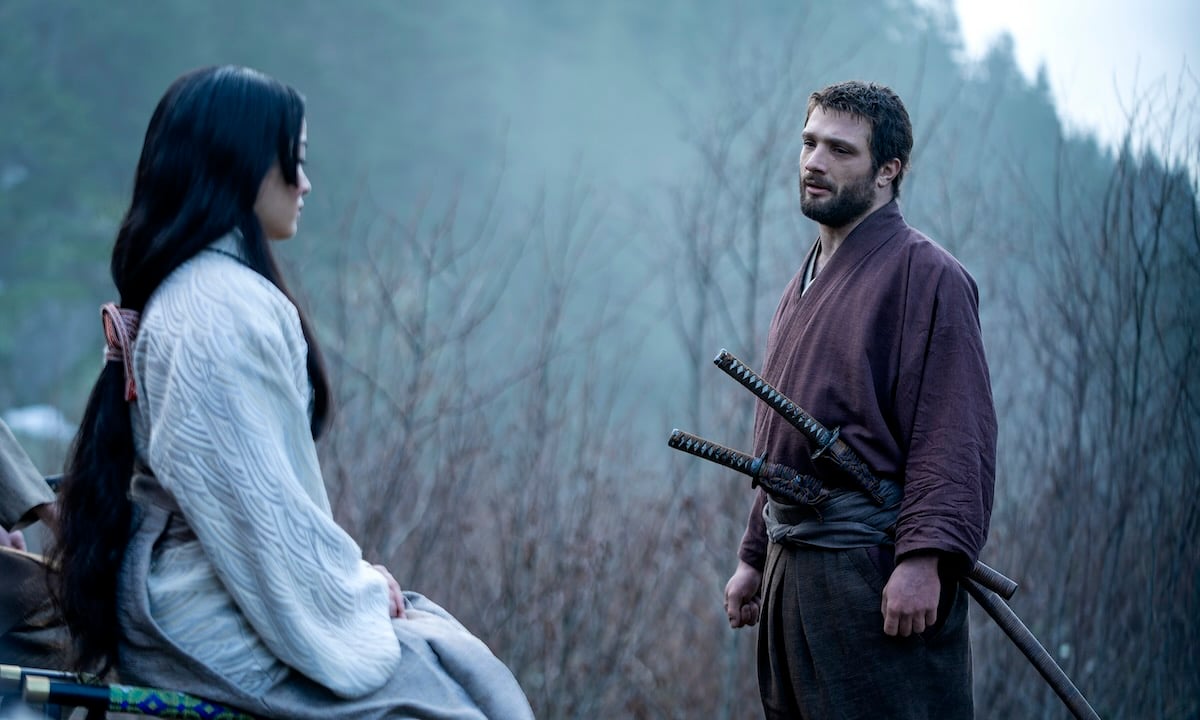
Shōgun
Shōgun’s morbid central theme of death’s ubiquity is conveyed not only in contemplative, cross-cultural conversations, but also through the show’s depiction of violence. Fight scenes aren’t plentiful, but the violence is sudden and shocking when it does arrive. Whether it’s a katana whipping off a head, the point of an arrow exploding through a neck, or the obliterating fire of a cannon, the action always underlines the sense of how quickly and easily an entire human life can be snuffed out. The visceral quality to the show’s violence can be exciting or horrifying, sometimes both, but Shōgun never spills blood just for the sake of shocking us. At one point, we’re told about a killing that required nine attempts to separate the head from its body. The anecdote is delivered in a way that’s both sad and darkly funny. McIndoe
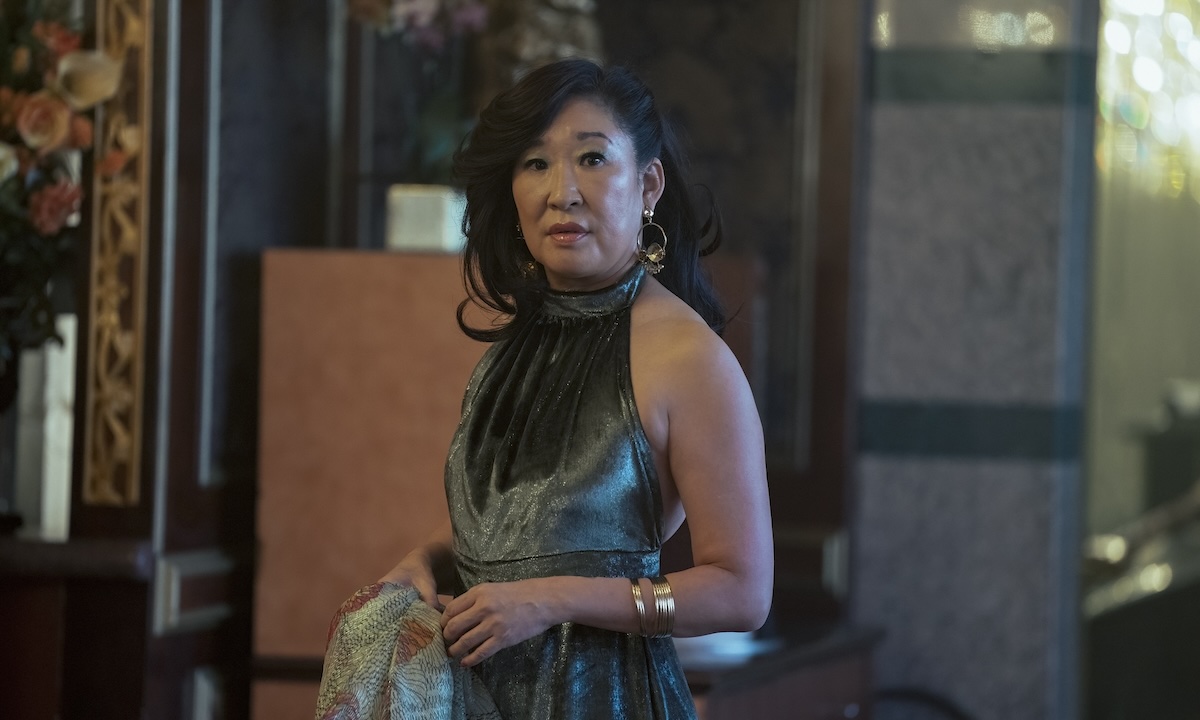
The Sympathizer
Park Chan-wook and Don McKellar’s The Sympathizer is a post-Vietnam War tale about a man struggling to be two things at once: Vietnamese and American, capitalist and communist, solider and friend. Ironically, the eight-part miniseries itself achieves a similar duality, succeeding as both an almost academic inquisition into the nebulous nature of racial identity and a raucous spy tale, as well as a high-speed comedy and a dark, biting drama. Fundamentally, The Sympathizer is a story about storytelling. More specifically, it’s about the battle for narrative control—of how that war will be understood in the years to come—that broke out after the real fighting in Vietnam concluded. McIndoe
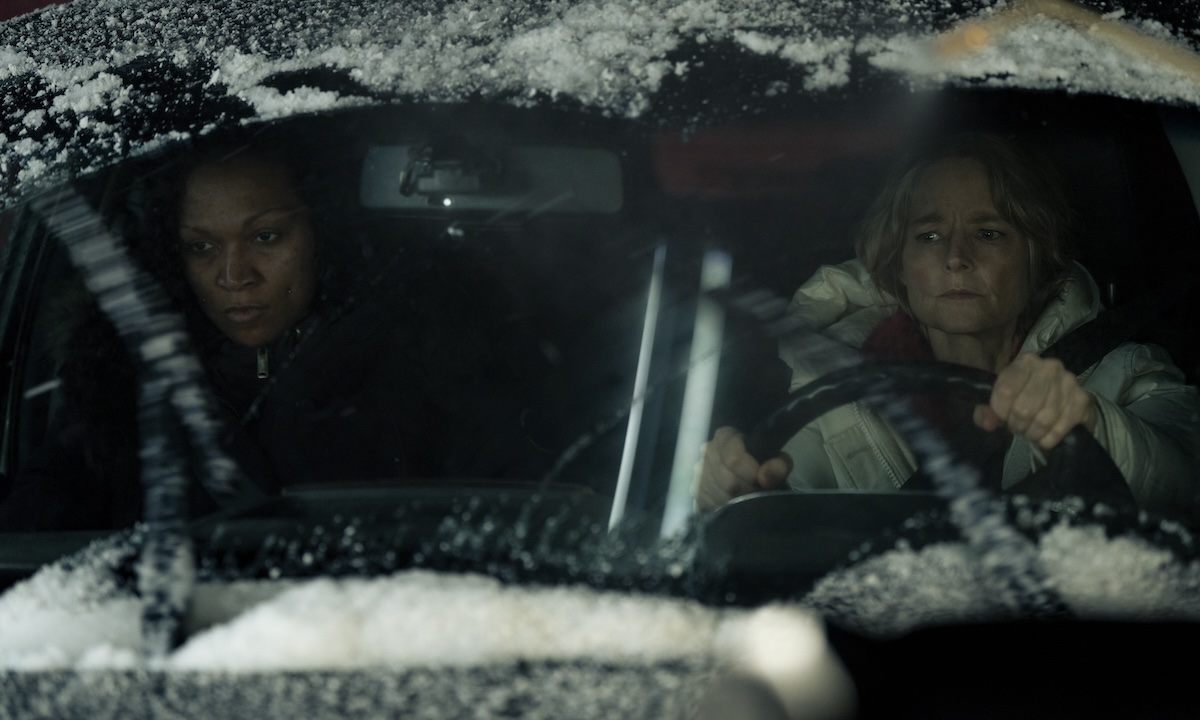
True Detective: Night Country
True Detective: Night Country retains many of True Detective’s trappings: the odd-couple detective pairing, the occultist atmosphere, and victims displayed like gruesome artworks. This time, though, the story is told linearly over the course of a single week rather than jumping back and forward in time, and there are no character interviews to serve as a framing device. In spite of its condensed timeline, Night Country explores a wider cast of characters than in past seasons, with many of the supporting figures—like Rose Aguineau (Fiona Shaw), a mysterious older woman who lives on the edge of town—getting almost as much screen time as the central pair. Like the best seasons of True Detective, Night Country thrives on its ability to exist as both a brisk, thrilling genre piece and a weighty, philosophical drama. McIndoe
Since 2001, we've brought you uncompromising, candid takes on the world of film, music, television, video games, theater, and more. Independently owned and operated publications like Slant have been hit hard in recent years, but we’re committed to keeping our content free and accessible—meaning no paywalls or fees.
If you like what we do, please consider subscribing to our Patreon or making a donation.
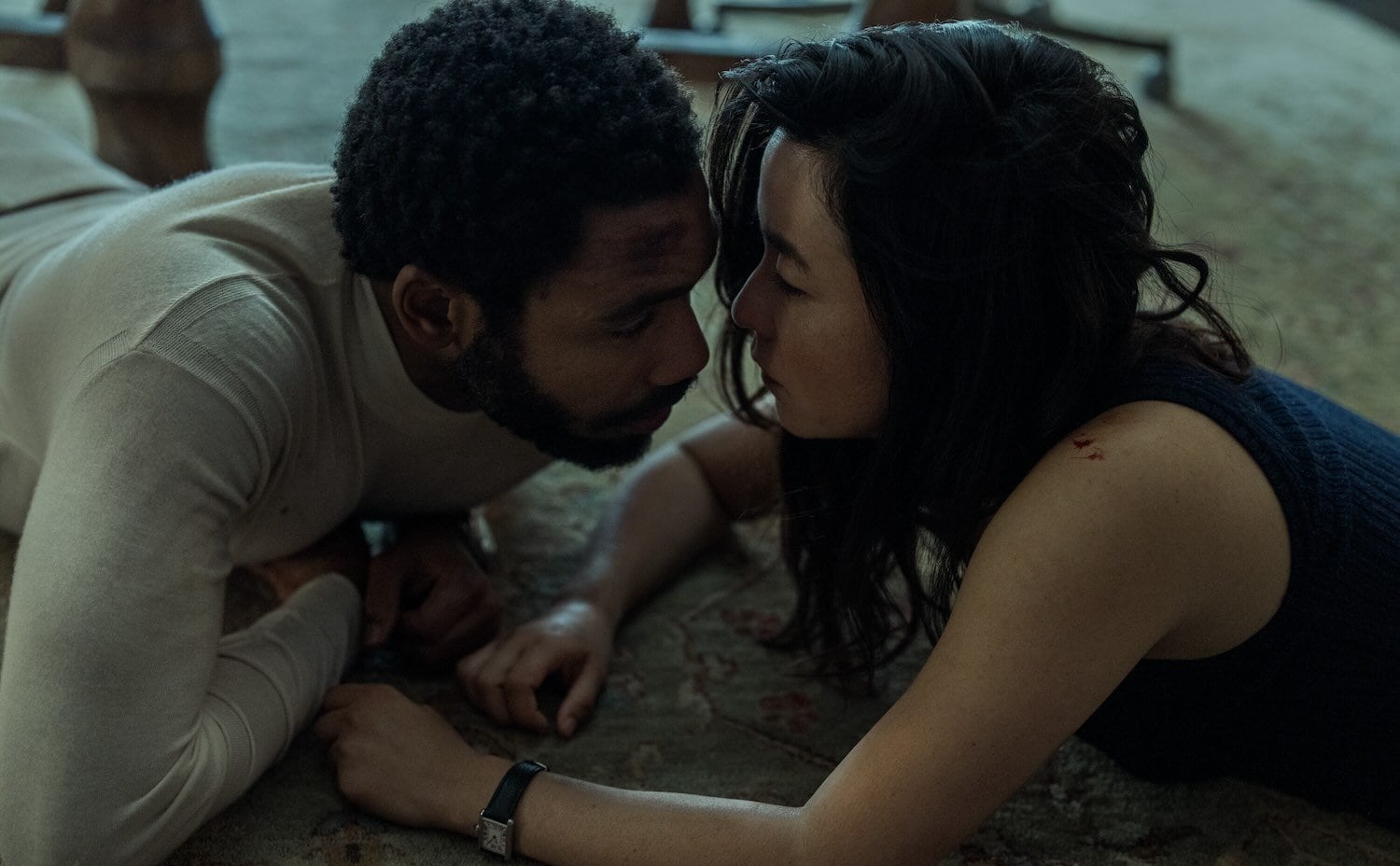


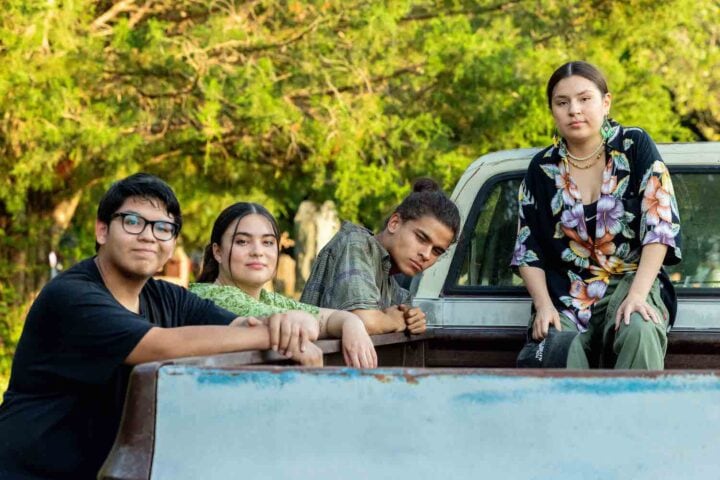
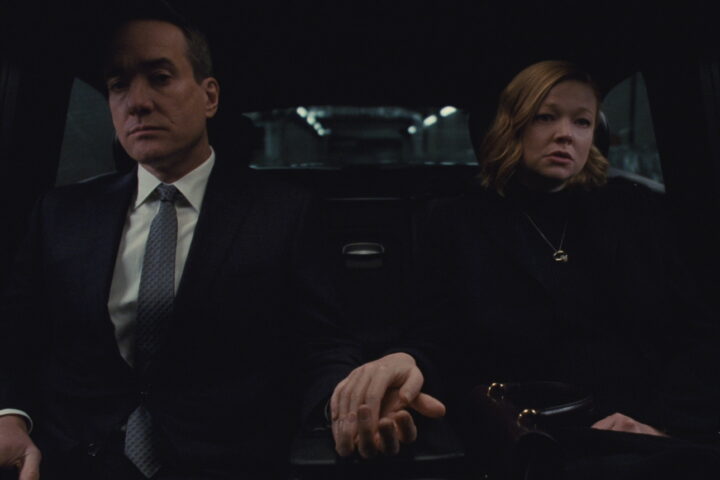
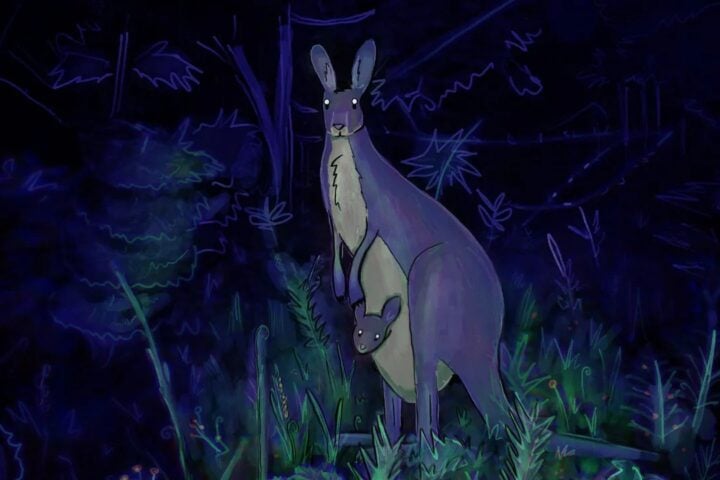
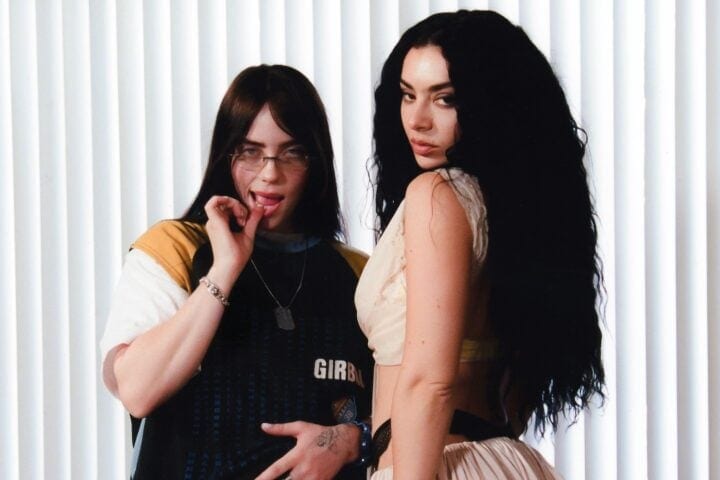
I’ve seen half of these and none of them are as good as My Brilliant Friend. Hacks and The Bear both had their weakest seasons yet, and Mr. and Mrs. Smith is mostly an intriguing mess but enjoyable.
English Teacher is a pretty interesting surprise for the year though and the second half of the season gets especially good.
Curb Your Enthusiasm, Pachinko, and Girls5eva all deserve to be mentioned as well. I don’t know why so many outlets are leaving the final season of Curb off their lists, it’s brilliant. I can understand ignoring My Brilliant Friend, Pachinko, and Girls5eva because it feels like no one even watched those but Curb is the final season of beloved series and it’s great.